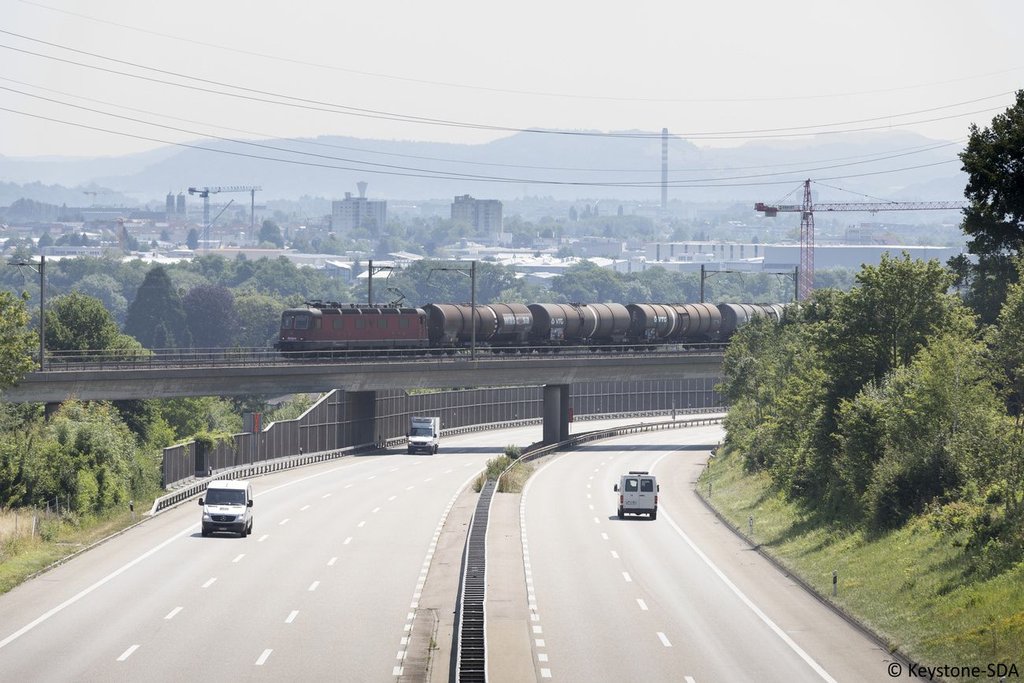Growing number of electric vehicles: potential for investment in charging stations
News, Space, Environment and Climate, Mobility and Transport | Oct. 16, 2019

Forty to fifty million charging stations will be needed globally by 2030 in order to provide electricity to the growing number of electric vehicles. This will result in a large number of business models for investing and marketing charging infrastructure, as a joint white paper from INFRAS and SUSI Partners shows.








